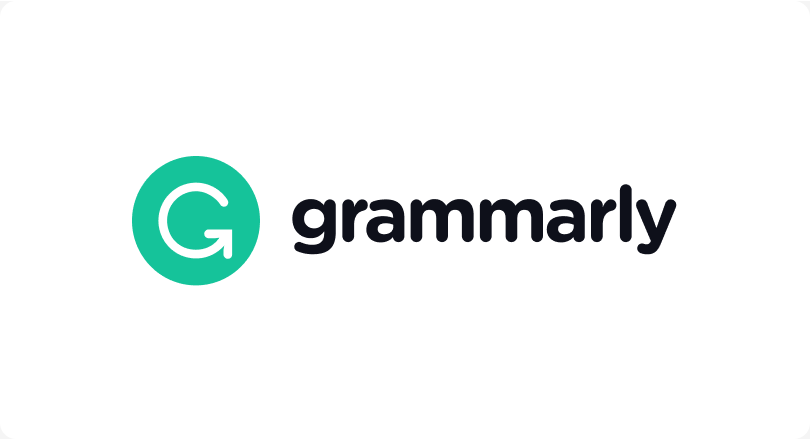INCREASING STUDENTS’ MATHEMATICAL PROOF ABILITY THROUGH COMMOGNITIVE FRAMEWORK BASED ASSESSMENT INSTRUMENT
DOI:
https://doi.org/10.33477/mp.v12i1.5446Keywords:
assessment instrument, commognitive framework, mathematical proofAbstract
Mathematical proof is one of the most important things for students to master in the Mathematics Education Study Program. Mathematics cannot be learned without learning evidence and how to reconstruct that evidence. Even so, students still experience difficulties when they find problems proving mathematics in a number of courses they are programmed for, one of which is in the Complex Analysis course. Researchers pay special attention to this and develop assessment instruments based on a commognitive framework to improve students' mathematical proving abilities. The cognitive framework consists of 4 indicators: word use, visual mediators, narrative, and routine. The instruments prepared were used in classroom action research which was carried out in 2 cycles. The action research model used is the DDAER model (diagnosis, design, action and observation, evaluation, reflection). The class that was the subject of the research was class 2021 B of the Mathematics Education Study Program at the Universitas Sulawesi Barat which programmed the Complex Analysis course as many as 26 students. The results showed that there was an increase in students' mathematical proving abilities by using a commognitive framework-based assessment instrument. In cycle I, 39% of students got a minimum score of 70, while in cycle II, 73% of students got a minimum score of 70.
Keywords: Assessment Instrument; Commognitive Framework; Mathematical Proof
References
Dong-Joong Kim, Sangho Choi, Woong Lim. (2017). Sfard’s coomognitive framework as a method of discourse analysis in mathematics. International Journal of Cognitive and Language Sciences, 11(11): 481 – 485.
Emanuel, EPL, Anam F. (2022). Sebuah tinjauan commognitive: apakah matriks singular?. Briliant, 7(4): 269 – 279.
Hernadi, J. (2008). Metoda pembuktian dalam matematika. Jurnal Pendidikan Matematika, 2(1): 1 – 13.
Hodiyanto, Susiaty, UD. (2018). Peningkatan kemampuan pembuktian matematis melalui model pembelajaran problem posing. MaPan, 6(1): 128-137.
Khoiriah. (2017). Analisis kemampuan menyusun bukti matematis siswa sekolah menengah atas (SMA). Skripsi UIN Syarif Hidayatullah Jakarta.
Pelc, A. (2014). Why do we believe theorems?. retrieved from https://arxiv.org/pdf/1411.4857.pdf
Presmeg, N. (2016). Commognition as a lens for research. Educational Studies in Mathematics, 91(3): 423 – 430.
Rossyidha, F, Nusantara, T, Sukoriyanto. (2021). Commognitive siswa dalam menyelesaikan masalah persamaan linier satu variabel. Jurnal Pendidikan: Teori. Penelitian, dan Pengembangan, 6(1): 1 – 9.
Setyowati, S, Purwanto, Sudirman. (2022). Analisis commognitive siswa dalam menyelesaikan masalah lingkaran ditinjau dari gaya belajar. 6(2): 2236 – 2351. retrieved from https://j-cup.org/index.php/cendekia/article/download/1625/205/
Solow, D. (2014). How to read and do proofs. sixth edition. Hoboken: John Wiley & Sons, Inc.
Syafri, F.S. (2017). Kemampuan representasi matematis dan kemampuan pembuktian matematika. Edumath, 3(1): 49 – 55.
Zayyadi, M, Nusantara T, Subanji, Hidayanto, E, I Made Sulandra. (2019). A commognitive framework: the process of solving mathematical problems of middle school students. International Journal of Learning, Teaching and Educational Research, 18(2): 89 – 102.
Downloads
Published
Issue
Section
License
Copyright (c) 2024 MATEMATIKA DAN PEMBELAJARAN

This work is licensed under a Creative Commons Attribution-NonCommercial-ShareAlike 4.0 International License.







